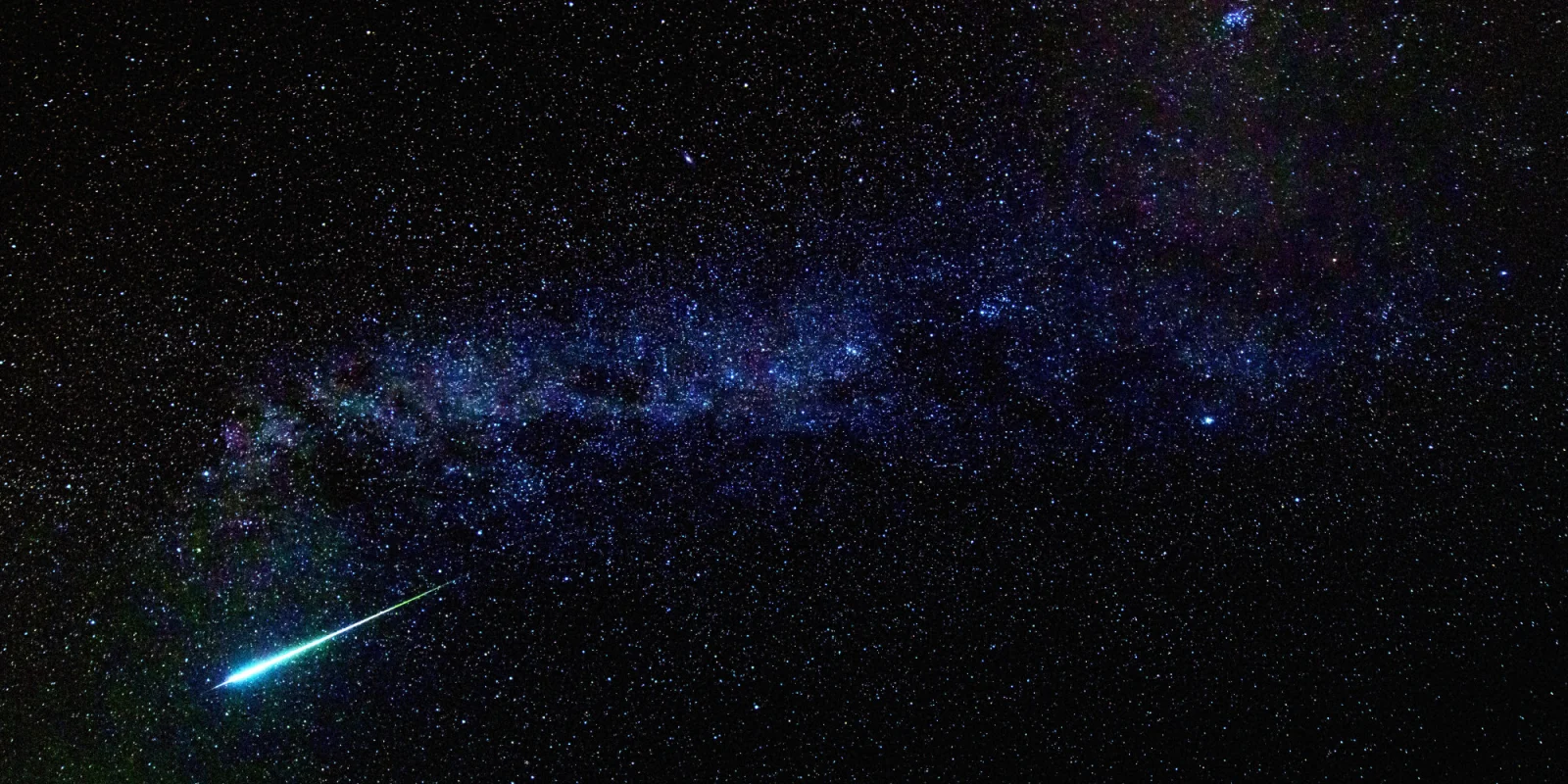
High on a cliff, 75 feet above the rocks and surf at Esalen, I sink down into an outdoor hot spring at midnight to contemplate a prompt for a writing assignment in a workshop I am in: “what I remember from the last few hours or days.”
I remember, just 48 hours before, the brown sand and dust lining the mountains surrounding Kabul. The remnants of a 4,000-year-old stone wall climb out of the valley. Along that wall travel wraith-like women clothed head to toe in blue cloth, carrying water up to their homes. With that water, they will cook for the next generation and moisten the dust that veils the memories of those that have not survived the hundred years’ war.
I look out toward the horizon and see a shooting star and wonder how many light years away this meteor is. I am witnessing the past, but it feels as if I might also be looking into the future. It could have been a piece of a planet with living beings that came to an explosive apocalyptic end in a different millennium?
Afghanistan has been the battleground for centuries between tribes, states, countries and opium-seeking entrepreneurs. Even when innocent of internal strife, for some reason this land has been chosen to bear witness to lifetimes of war with no resolution in sight.
Back in Afghanistan, the patients on the ward at first seem no different from those I have met over the past 40 years volunteering in Bolivia, Ecuador, Bangladesh, Bhutan, Peru, India, Nicaragua, Guatemala, Lesotho, Mozambique and many more. Children are the same everywhere, born with an innocence blind and deaf to the segregating concepts of race, religion, caste and war. The adults, however, are subtly different. They convey a sense of fatalism and fear that is unique to anyplace I have been before. Perhaps it is due to the constant explosions filling their lives and ears, maiming their loved ones with total loss of control. In India, the poorest have some control over their poverty. They can try to work and beg and eat from garbage piles. But what happens when a child in Afghanistan eats a hand grenade, or steps on an old Russian landmine? What does it do to faith and trust in the universe? How do a father and mother feel when they cannot protect their own children? They just want to hold them in a warm, loving embrace when all of a sudden that embrace metamorphoses in the heat of an ear shattering explosion.
I feel my weightlessness in the hot spring, listen to the crashing surf below, and gaze up at the Milky Way, a galaxy which includes our whole solar system.

Illustration by Hailey Richardson, Provided by Gary Fudem
I remember the truck passing by our armored land cruiser filled with almost cartoon-like characters held up by and holding up RPG’s, rocket-propelled grenade launchers. I remember being suspended in time on the endless plane flight returning from Afghanistan trying to forget the haunting image of a 10-year-old skinny boy who we watched die in the operating theatre. From irregular rhythm to flatline, his chest was filling with blood from the inside. All we could do was watch. He was not our patient and we were just visitors. Like the tail of a shooting star slowly disappearing from sight, his soul left his body. His parents said “Inshallah,” God’s will, as they accepted his death and all the other deaths surrounding them. Could they really feel that way about their own son? As I sink further into the warm water, I feel a shiver all the way to my bones.
I consider my more recent trip. In Nepal, I led a volunteer team participating in an acute burn workshop along with Nepalese plastic surgery faculty and residents and for the first time, a group of Afghan burn surgeons and anesthesiologists. We operated shoulder to shoulder with our global colleagues, everyone learning from each other’s techniques to surgically prevent burn deformity and disability. More importantly, we sat down at the end of each day to discuss universal issues like poverty, death and burn prevention. The most clarity about prevention in low resource countries like Nepal and Afghanistan, where two-thirds of the world’s burns occur, came from one of our Nepalese hosts, Shankar Rai. He said that he cannot tell people, who live far away in the villages, to stop cooking or warming themselves over open fires until there is some reasonably affordable and sustainable replacement. Perhaps, there is some hope as we begin to frame the problem and formulate the questions through our discussions.
The next writing assignment is to “describe my last intimate moment.” After writing this, I realize that I have just described it.






